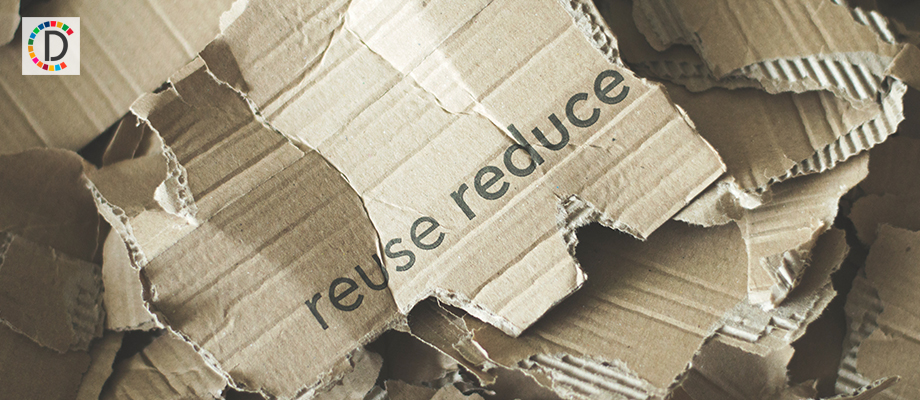UK business minister meets energy bosses over soaring gas prices
The food industry has called on the government to subsidise carbon dioxide (CO2) production after high gas prices forced two fertiliser plants to shut, stripping food producers of the CO2 by-product used to stun animals before slaughter and vacuum pack food to prolong its shelf life. Business minister Kwasi Kwarteng was meeting executives from regulator Ofgem, National Grid, Centrica and EDF to discuss the "absolute priority" of energy security, saying he was confident there was enough capacity to more than meet demand.

Britain's business minister held emergency meetings with the heads of the UK's largest energy suppliers and operators on Saturday to discuss a surge in gas prices that threatens a range of industries and could disrupt the nation's supply of meat. The food industry has called on the government to subsidise carbon dioxide (CO2) production after high gas prices forced two fertiliser plants to shut, stripping food producers of the CO2 by-product used to stun animals before slaughter and vacuum pack food to prolong its shelf life.
Business minister Kwasi Kwarteng was meeting executives from regulator Ofgem, National Grid, Centrica and EDF to discuss the "absolute priority" of energy security, saying he was confident there was enough capacity to more than meet demand. The government has been moved to act after European gas prices hit record highs after more than tripling this year, putting some small domestic suppliers out of business and threatening other sectors that are interlinked.
"Energy security is an absolute priority," Kwarteng said. "We are working closely with Ofgem and gas operators to monitor supply and demand." The government has said it is in regular contact with food and farming organisations. It is also liaising with the Civil Contingencies Secretariat that helps respond to civil emergencies.
The shortage of CO2, which is also used to put the fizz into beer, cider and soft drinks, comes when the food industry is already struggling with an acute shortage of truck drivers, which has been blamed on the impact of COVID-19 and Brexit. Nick Allen of the British Meat Processors Association said on Saturday that the pig sector was two weeks away from hitting the buffers, while the British Poultry Council said its members were on a "knife-edge" as suppliers could only guarantee deliveries up to 24-hours in advance.
"Doing nothing is not an option," Allen told Reuters, adding that given the exceptional circumstances, the government needed to either subsidise the power supply to maintain fertiliser production or source CO2 from elsewhere. British Poultry Council head Richard Griffiths said he was working with the government to assess stock levels and implement contingency plans, warning that food supply disruption could become a national security issue.
Were slaughterhouses to run out of CO2, pigs and chickens would be left on farms, creating additional animal welfare, food supply and food waste issues, he said, adding: "We hope this can be avoided through swift government action."
(This story has not been edited by Devdiscourse staff and is auto-generated from a syndicated feed.)
- READ MORE ON:
- Britain
- European
- Kwasi Kwarteng
- Allen
- National Grid
- Nick Allen
- British
- Kwarteng
ALSO READ
"Will he take back Katchatheevu?" Manickam Tagore challenges PM Modi
Security challenges in Indian neighbourhood discussed during Army Commanders conference: Sources
Pakistan faces challenge of economic reforms amid weak coalition government: Report
Digvijaya no challenge irrespective of voting being held through ballot papers or EVMs: BJP MP
Teva, Viatris win new chance to challenge J&J schizophrenia drug patent










